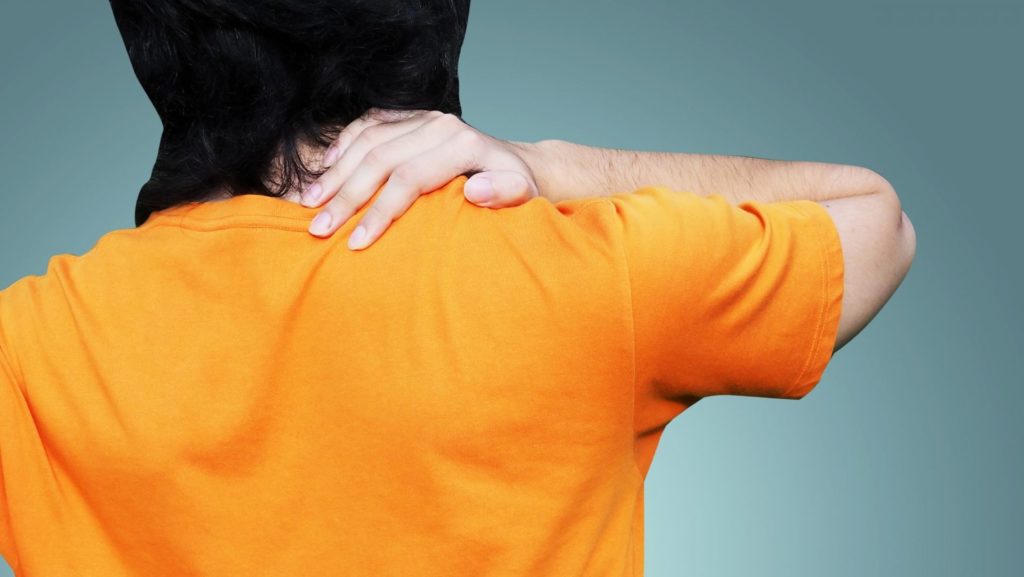Multiple Sclerosis Symptom Relief with CBD
Multiple Sclerosis (MS) is a medical condition that involves the demyelination of nerves of the central nervous system. These nerves are covered in a protective sheath, called myelin. In MS, the sheaths become inflamed and damaged, leaving the underlying nerve exposed and vulnerable to scarring (plaques). The plaques create a “short circuit” in the nerve, which results in a dysfunctional transmission. The dominant theoretical model involves an experimental autoimmune “allergic” encephalomyelitis (EAE). In this model T cells specific for myelin antigens induce inflammation. The immune system reacts in the attack on nerves by one’s own macrophage cells.
MS is a chronic condition lasting the course of one’s life, once it is onset, with treatments lacking in longevity, often the side effects of medications outweigh their usefulness, or the medications are not as effective as desired. The long term course of MS involves periods of exacerbation and periods of remission. The goal of treatment is to promote remissions, reduce inflammation and relieve symptoms to optimize the quality of life.
Recent Studies With Cannabis
NOTE FOR FIRST TIME READERS: Cannabinoids – such as THC, CBD – and terpenes are the main medically active components in cannabis (aka marijuana). For more information on these components, and much more about the plant, see our section on the Science of Cannabis.
A good percentage of patients with MS try cannabis at one point in their disease, depending on its availability, with varying degrees of success.
Recent studies have indicated that there is wide acceptance of cannabis within the MS community, with 20–60% of patients currently using cannabis, and 50–90% would consider using if it were legal and more research was in support of it.
A large study of 630 patients published in 2003 found no objective evidence of a treatment effect on muscle spasticity. However, significantly more participants taking either cannabis oil or THC reported improvements in spasticity, spasms, sleep, and pain, but not tremor or bladder symptoms.
A 2007 study showed that cannabis was rated significantly more effective than placebo in relieving spasticity. The implication of these studies is that marijuana makes patients feel better, even if doesn’t show any objective improvement.
A later British study showed THC can improve walking time. There was no improvement on any other another mobility test. Also, investigators noted there were fewer relapses in the cannabis treatment groups.
More recently studies using Sativex, a standardized cannabis medicine showed reduced spasticity and pain in MS patients. Treatment with standardized oral extract relieved muscle stiffness. The proportion of participants experiencing relief was almost twice as large in the treatment group as in the placebo group, especially for muscle spasm. MS patients can sometimes reduce their need for Baclofen with cannabis use. There are also mixed reports about its effect on urinary incontinence and urge in MS patients.
Each person is unique, and with the availability of such a wide range of products now, CBD, THC, and mixes, cannabis is something that many MS patients are finding relief with.
What CBD Products are Right For You
Most patients use medical marijuana to treat MS symptoms, not to treat the disease. Muscle spasticity is a common complaint. To reduce a medicine such as baclofen, you may need high doses of a CBD or THC product, up to 25 mg per dose of an edible or tincture 3x/day. More THC in the mix will produce more psychoactive effects, which is fine for some, but, ratios of CBD/THC up to 20:1 will relax muscles.
For sleep help, see the Insomnia section. Yet, many people with MS prefer to smoke or vaporize cannabis. This can bring instantaneous change, in mood, energy, perception, and pain. You can experiment with different strains, smoked or vaporized to find ones that contribute to the quality of life.
In the rare case that cannabis is used to potentially treat the disease, as a neuroprotectant and anti-oxidant, the dose might be 25mg 3x/day of a CBD/THC 1:1 edible, CBD oil, or tincture.



